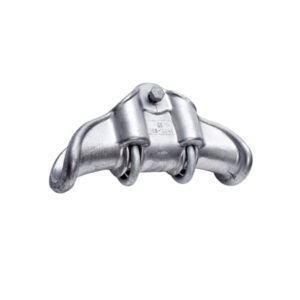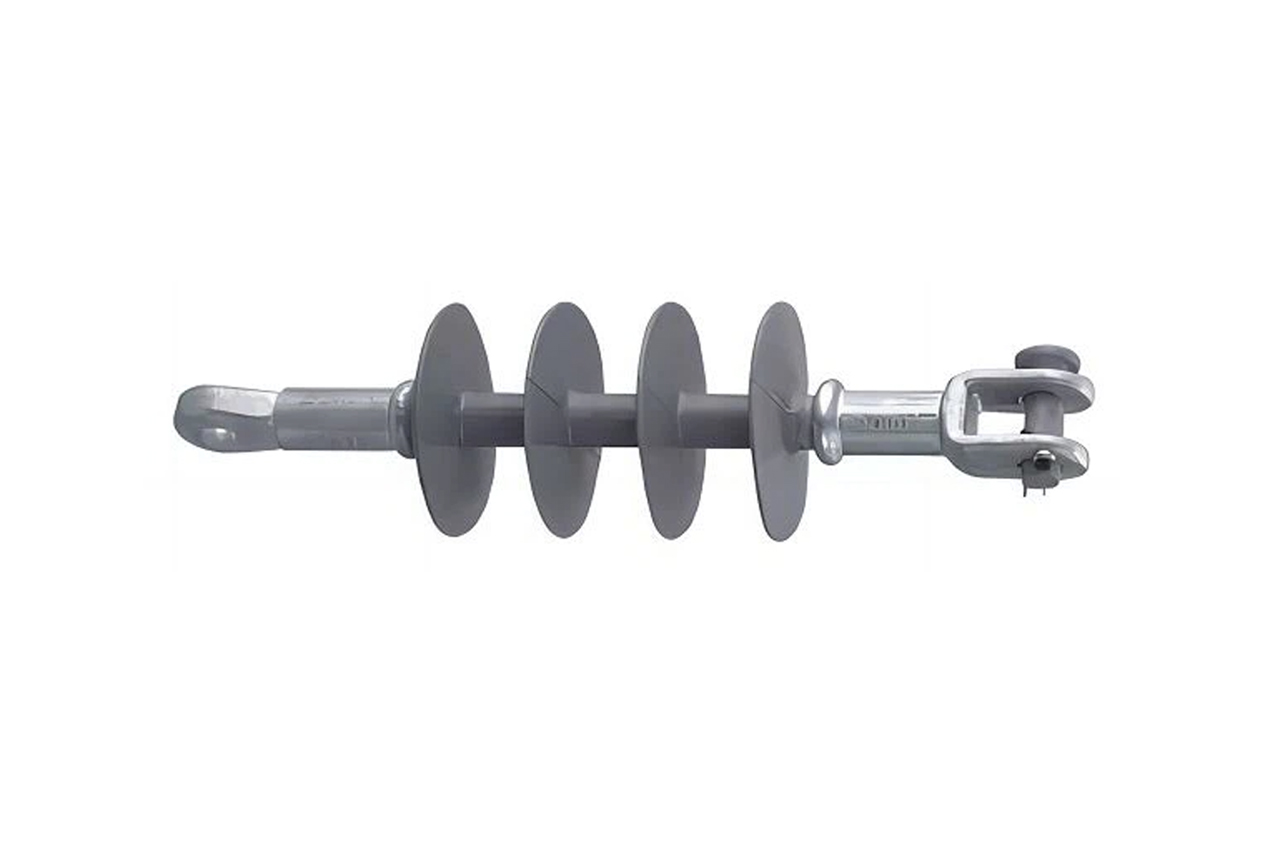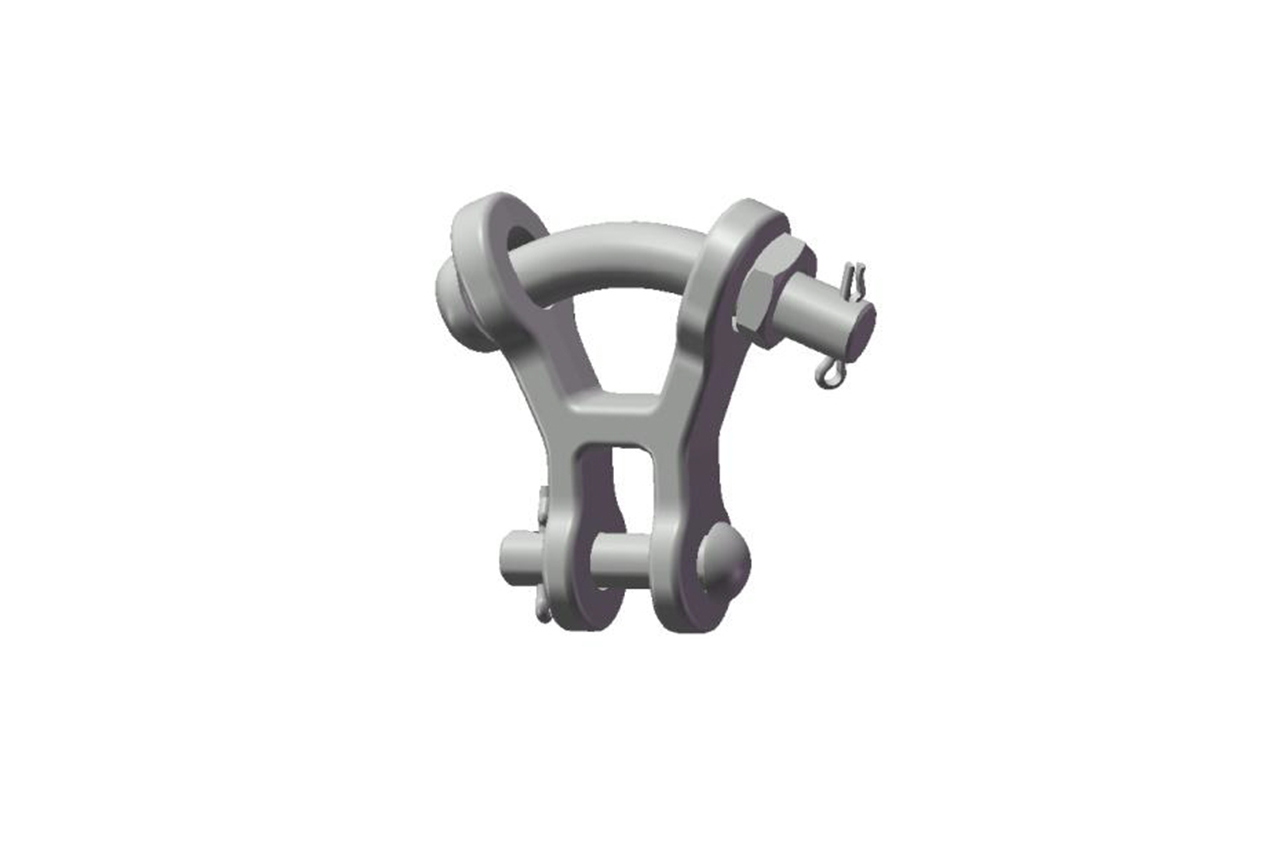When you see power lines stretching between tall towers, have you ever wondered how the conductors stay securely in place? One key component behind this is the suspension clamp.

A suspension clamp is a type of electrical fitting used to hang conductors or ground wires on suspension insulator strings of straight-line towers. It mainly bears vertical loads such as the conductor’s own weight and wind pressure.
What Does It Do?
- Supports the conductor by attaching it to the insulator string;
- Allows limited movement to reduce mechanical stress caused by wind or temperature changes;
- Damps vibration in some designs, protecting the conductor from fatigue
Common Types
Type Description Boat-type clamp (U-bolt) Simple structure, low cost, widely used for standard conductors Preformed clamp Uses helical rods to wrap the conductor, reducing stress concentration; ideal for OPGW or ADSS cables Where Is It Used?
- Overhead transmission lines in flat or hilly terrain;
- Substation exits and entries;
- Special cases like river crossings or fiber optic cable installations.
In Summary
Though small, suspension clamps play a critical role in ensuring the safety and stability of power transmission systems. They’re not just “hooks” — they’re guardians of the grid. Next time you pass by a power line, take a closer look — those metal pieces holding the wires are suspension clamps at work.




